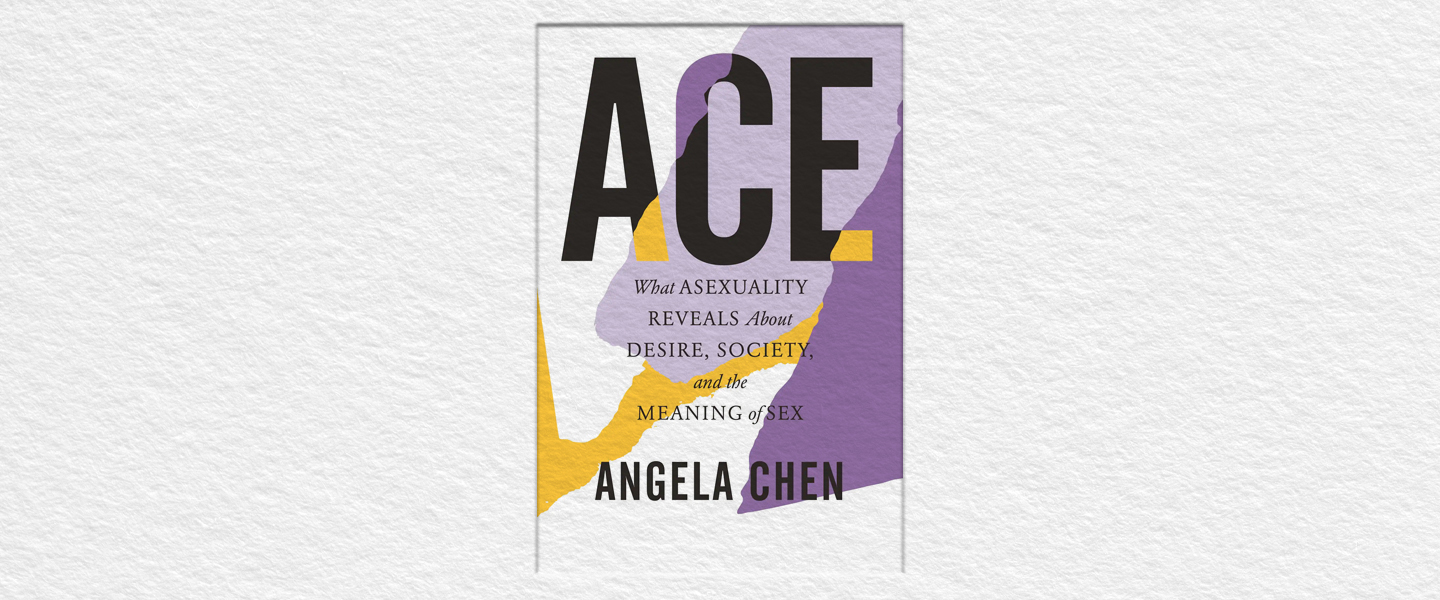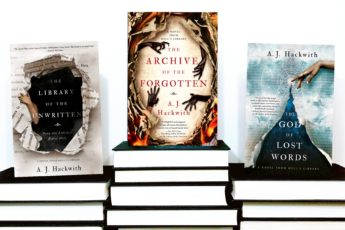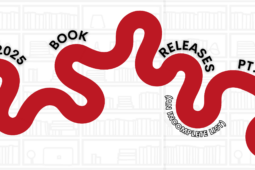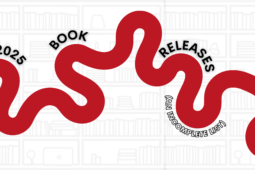Ace: What Asexuality Reveals About Desire, Society, and the Meaning of Sex
Hey, it’s me (Shari – or as I go by these days, Ri 
It’s hard to describe everything I took away from this book. There were so many moments when I wanted to pull out a highlighter and underline paragraph after paragraph (not my copy, so I resisted 
Asexuality is something I didn’t know about until the last couple of years, and it’s something that’s still not widely known, understood, or talked about. Chen writes in an engaging manner that’s clear and easy to understand. Chapters that covered concepts like compulsory sexuality, amatonormativity, and hermeneutical injustice (among others) were personally very informative for me. Chen unpacks a lot about asexuality and how it relates to feminism, disability, race, politics, gender roles, etc. I really appreciated how Chen interviewed aces from a variety of backgrounds and sexual orientations. It helped me see that asexuality is a spectrum and as someone who is just getting used to identifying as ace, this was very freeing.
Chen also delves into how sex and romance are highly embedded in society and how it perpetuates the idea that something must be ‘wrong’ with asexuals, producing stereotypes and going so far as suggesting treatments to increase libido/desire. Ace is a thought-provoking social criticism of how society views sex, desire, and relationships. People often feel pressured to ‘put out’, partners feel they’re depriving their significant others if they say no, and some marital laws don’t recognize that rape can still happen in marriage. I had many lightbulb moments and instances when I felt my mind was being blown with these realizations. Sex is so widely accepted in our society that we don’t really question it, with many people just going along with things because it’s what’s ‘normal’.
I wish a book like this existed when I was younger. Ace made me feel seen, heard, and understood. I hope more books about asexuality exist and that more representation in media and books come along.
If it’s not obvious already, I highly recommend this book. Whether you identify as ace or allo (non-asexual), or you’re questioning, this book is for you. It might help you learn more about yourself, and at least help you better understand lived experiences different from your own. I really hope this book continues to reach a wider audience!











great review! And I’m so glad you could take so much away from this book and identify with it <3
Thank you so much, Kat! I hope more people read it
It’s the best feeling when you love a book so much and also feel like a review just kind of flows out of you! (Sometimes I love a book and I can’t really express why, haha.)
I’m so glad you loved this one too and saw yourself in it. I really loved hearing about the various experiences of different aces too, and I’m glad Chen interviewed so many people and gave them a voice in her book.
I wish that happened all the time. Sometimes I really love a book but can’t form the words and sentences to fully capture how I feel and why.
Yes! Your review definitely bumped it higher on my list.
Yes, exactly!! You just want to push the book at people and be like “just read it”
Haha, I’m glad!